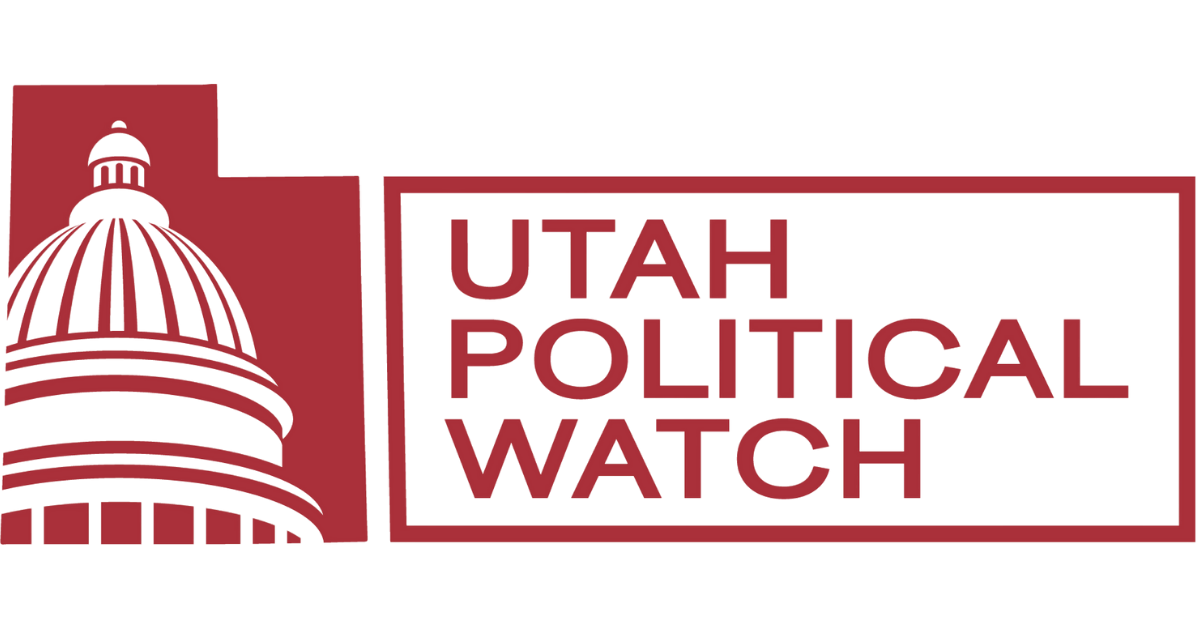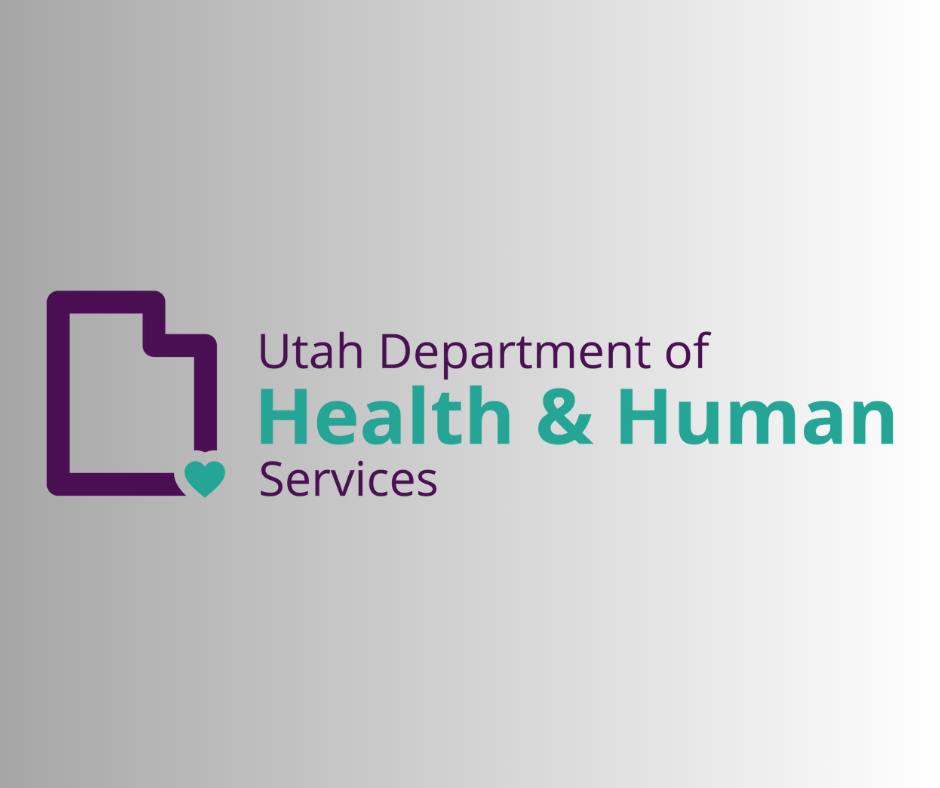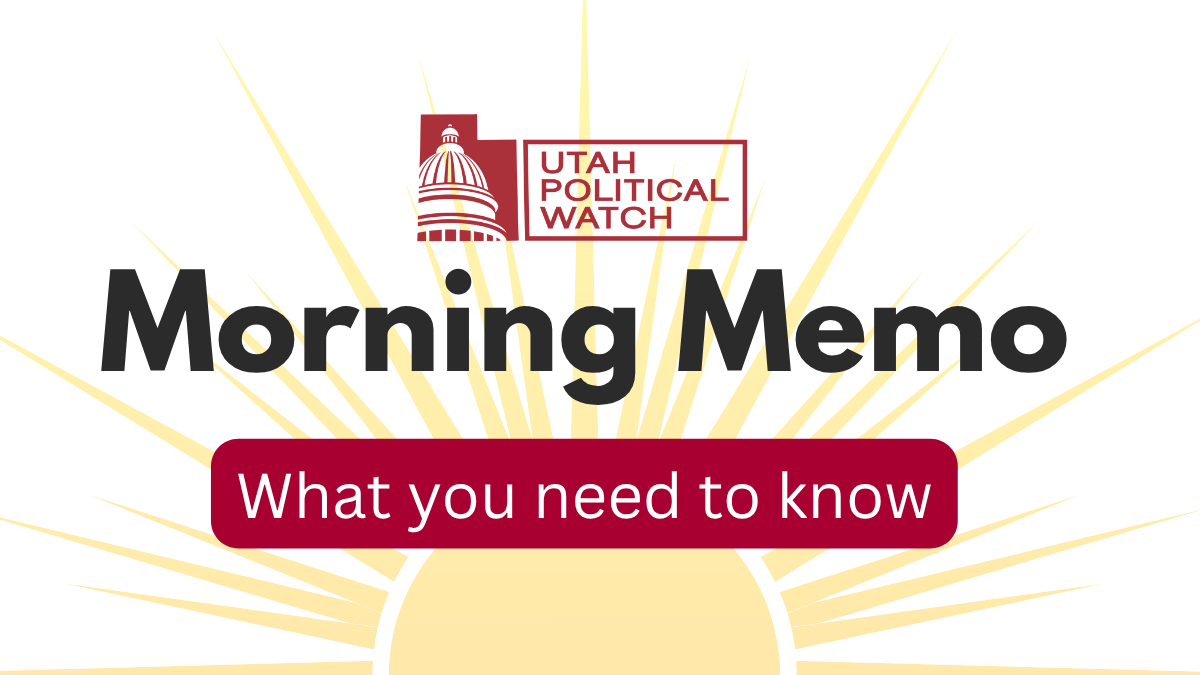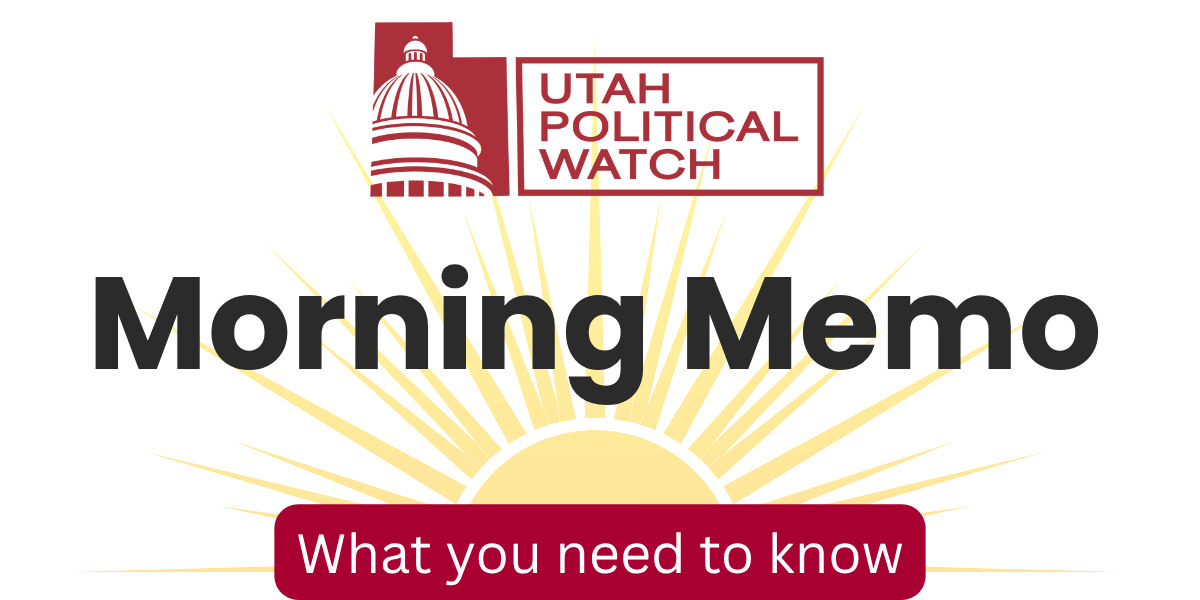Utah is poised to resurrect controversial Medicaid work requirements that were approved during the first Trump administration.
Last week, the Utah Department of Health and Human Services (DHHS) informed state legislators of plans to submit a waiver request that would reinstate the state's Medicaid "community engagement" program, requiring recipients to meet specific work-related criteria to maintain their benefits.
If approved, Medicaid recipients would be required to complete an online job assessment and training and apply for at least 48 jobs within the first three months. There are some exemptions to the requirements for Utahns over the age of 60, pregnant women, students and those working 30 hours a week or more.
Participants who fail to complete the requirements within three months will be suspended for three months. Anyone who is suspended can take steps to comply or seek an exemption. If they do not attempt to remedy the suspension, they will lose eligibility.
According to DHHS, the proposed requirements aim to:
- Promote better health outcomes by encouraging work and community participation.
- Help build a healthy lifestyle.
- Boost employment and income for able-bodied adults while prioritizing resources for the most vulnerable populations.
A spokesperson for DHHS did not respond to a request for comment.
The number of Utahns enrolled in Medicaid has dropped dramatically in recent years. Between 2020 and 2023, enrollment increased by nearly 200,000 — a 58% jump. Since then, enrollment has fallen back to near pre-pandemic levels.
A recent report from the non-partisan Center on Budget and Policy Priorities estimates implementing a Medicaid work requirement would put 38% of Utah’s enrollees at risk of losing coverage, which is about 127,000 people. Nationwide, work requirements would put 36 million people at risk of losing coverage.
Matt Slonaker, Executive Director of the Utah Health Policy Project, says implementing a work requirement would cause a substantial number of Utahns to lose coverage because of increased red tape.
“Studies have shown that in other states with work requirements, the result is fewer people being covered, not because they’re not willing to work, but rather because they aren’t able to satisfy the administrative burden of filling out paperwork on what could be a month-to-month basis,” Slonaker said.
The renewed push for a Medicaid waiver comes as Republicans in Congress are eyeing cuts to federal Medicaid spending to offset the cost of a massive bill to implement President Donald Trump’s agenda.
History of Utah’s Medicaid Work Requirements
This isn’t Utah’s first attempt at implementing such requirements. In 2018, Utah voters approved Proposition 3, a ballot measure to fully expand Medicaid under the Affordable Care Act to cover nearly all adult Utahns earning up to 138% of the federal poverty level.
However, in 2019, the Utah Legislature instead passed a more limited expansion that capped enrollment and included the work requirement provision. The Trump administration approved the waiver request in December 2019, but the program was suspended shortly afterward due to the COVID-19 pandemic.
The Biden administration subsequently revoked Utah's work requirement authorization in 2021, along with similar waivers given to Ohio and South Carolina.
Earlier this month, Arizona and Arkansas also submitted waiver requests the Center for Medicare and Medicaid Services.
A case challenging Medicaid work requirements reached the Supreme Court in 2020, but the justices ultimately decided the issue was moot following the Biden administration's actions.
In 2014, Utah proposed tying Medicaid expansion under the ACA to a work requirement for recipients. That idea was shot down by the feds in 2015.
In 2010, lawmakers floated a pilot program requiring some Medicaid recipients to do community service as a requirement for maintaining coverage. That idea was also rejected by the federal government.






